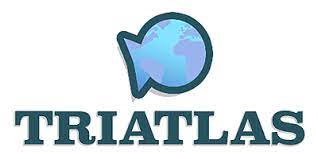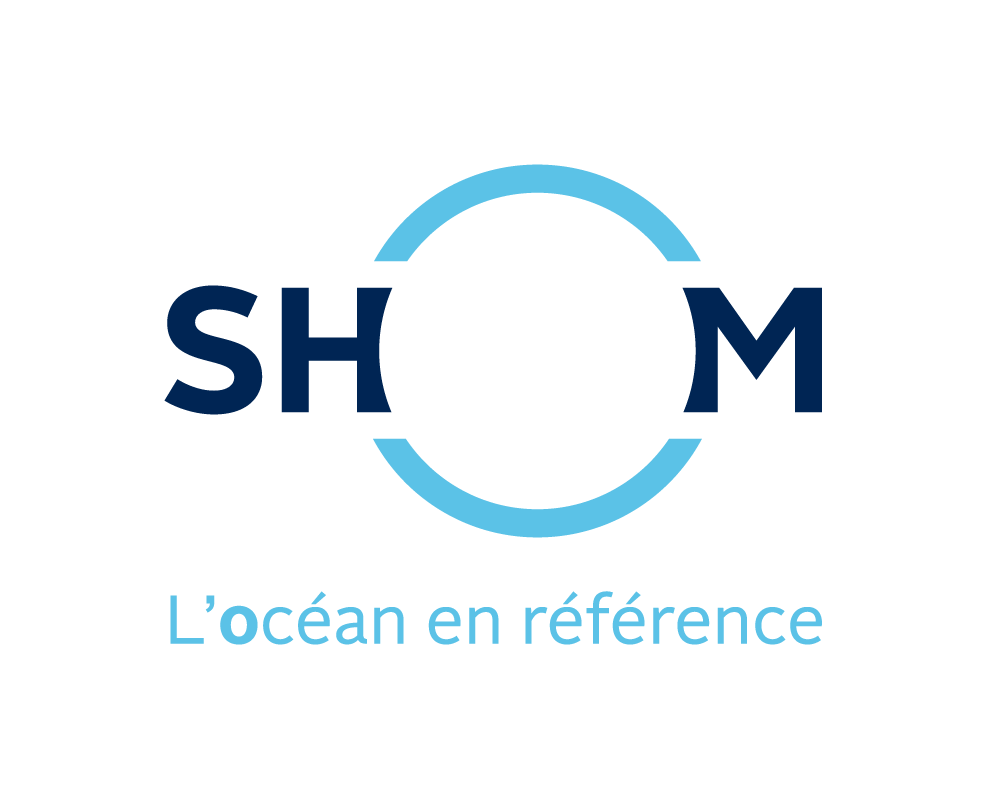Southern Benguela
Type of resources
Available actions
Topics
INSPIRE themes
Keywords
Contact for the resource
Provided by
Years
Formats
Representation types
status
Resolution
-

The indiSeaS project is co-funded by the Intergovernmental Oceanographic Commission (IOC), the European Network of Excellence Euroceans, “'Institut de recherche pour le développement (IRD)” and the European project on Marine Ecosystem Evolution in a Changing Environment (MEECE). It is a multi-institutes collaborative effort. Scientific experts on ecosystems all over world calculate indicators and provide background information. The IndiSeas project aims at "Evaluating the status of marine ecosystems in a changing world”, using a set of different types of indicators to reflect the effects of multiple drivers on the states and trends of marine exploited ecosystems. It focuses on the effects of fishing, use of ecology, biodiversity, as well as climate and socio-economic indicators on world's marine ecosystems health. The objectives are to review IndiSeas datasets, present preliminary results to regional experts, discuss methods to be developed in each of the six task groups, establish work and publication plans for the future. Expertise from over 70 scientists, 49 research institutes and 36 countries.
-

The Department of Forestry, Fisheries and the Environment (DFFE) has initiated the development of the Marine Information Management System (MIMS). MIMS is tasked with the long-term preservation of South Africa’s ocean and coastal data. It provides the primary access to all data collected by the Oceans and Coasts Chief Directorate while also acting as a trusted broker of scientific marine data for a wide range of South African institutions. - MIMS operates on the Findable, Accessible, Interoperable, and Reusable (FAIR) data principles, and strives to adhere to the Open Archival Information System (OAIS) Reference Model with the aim of maximising ocean data exchange and use while respecting the conditions stipulated by the Data Provider. - MIMS is a component of the national Oceans and Coastal Information Management System (OCIMS) and manages the Southern African Data Centre for Oceanography (SADCO). - MIMS has been developed by the South African Environmental Observation Network (SAEON) under the leadership of the Chief Directorate: Oceans and Coastal Research Branch of DEFF, South Africa.
-

The Department of Environment, Forestry and Fisheries (DEFF) and the Department of Science and Innovation (DSI) have initiated the development of the National Oceans and Coastal Information Management System (OCIMS) for South Africa – referred to as the OCIMS project. The OCIMS project forms part of the Operation Phakisa Marine Protection Services and Oceans Governance workstream Initiative 6: “National Ocean and Coastal Information System and Extending Earth Observation Capability” action plan that is endorsed by Cabinet. Operation Phakisa focuses on unlocking the economic potential of South Africa’s oceans. OCIMS will support a variety of oceans and coastal initiatives by providing information and decision support to key stakeholders for the day-to-day management of South Africa’s oceans and coasts. The project outcomes will be achieved through the development of an Information Management System (IMS) that will integrate current and future oceans and coastal systems, information and expertise into a user-friendly and cost-effective IMS for the benefit of relevant stakeholders. In June 2015, the Council for Science and Industrial Research (CSIR) was nominated by DEFF as a service provider to facilitate the implementation of the project and to co-develop OCIMS. OCIMS project vision: Develop a locally relevant and globally cognisant technological solution that supports the ecological conservation and economic potential of South Africa’s oceans and coasts through information and decision-support for effective governance.
-

To assess the status of the South and Tropical Atlantic marine ecosystem and develop a framework for predicting its future changes, from months to decades, by combining ecosystem observations, climate-based ecosystem prediction and information on future socio-economic and ecosystem service changes, and thus to contribute to the sustainable management of human activities in the Atlantic Ocean as a whole. TRIATLAS contributes to this by delivering knowledge of the current state and future changes of the Atlantic marine ecosystems. We achieve this goal through a basin-wide approach that integrates research from the North and South, and that closes critical knowledge gaps in the Tropical and South Atlantic that impede an understanding of the entire basin. 33 partners from 13 countries Project duration: June 2019 – May 2023 Monthly model biomass values for the best fitted Ecosim model of the Southern Benguela ecosystem for the period 1978-2015. The model was driven by fishing effort/mortality and a forcing function applied to phytoplankton, based on a cumulative upwelling index, and was fitted to available catch and abundance time-series data.
-

3-D habitat suitability maps (HSM) or probability of occurrence maps, built using Shape-Constrained Generalized Additive Models (SC-GAMs) for the 30 main commercial species of the Atlantic region. Predictor variables for each species were selected from: sea water temperature, salinity, nitrate, net primary productivity, distance to seafloor, distance to coast, and relative position to mixed layer depth. Each species HSM contains 47 maps, one per depth level from 0 to 1000 m. Probability values of each map range from 0 (unsuitable habitat) to 1 (optimal habitat). For depth levels below the 0.99 quantile of the depth values found on the species occurrence data, NA values were assigned. Maps have been masked to species native range regions. See Valle et al. (2024) in Ecological Modelling 490:110632 (https://doi.org/10.1016/j.ecolmodel.2024.110632 ), for more details.
 Metadata catalogue
Metadata catalogue